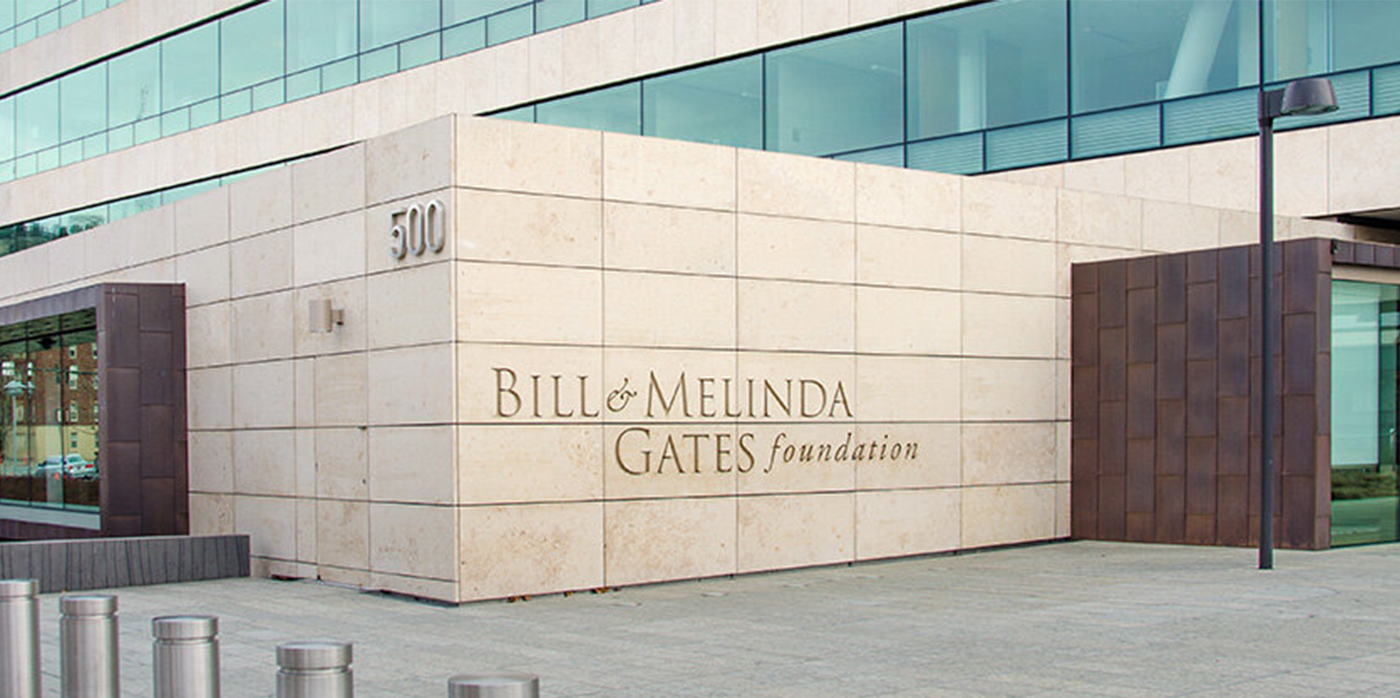Bill & Melinda Gates Foundation Launches New Grand Challenges Calls
Four new Bill & Melinda Gates Foundation Grand Challenges programme calls have opened, all with a deadline of 13 January 2022.
Founded in 1997, the Bill & Melinda Gates Foundation (BMGF) is a charitable organisation that seeks to improve the health and wellbeing of people in developing countries and within the US, and works to ensure that all people lead healthy, productive lives. Four new calls have been announced under the BMGF Grand Challenges programme, which fosters innovation in order to solve key problems in global health and development for those most in need.
The Innovations in Eliminating Neglected Tropical Diseases call seeks to identify and demonstrate the feasibility of innovative solutions and new applications of existing technologies to address the challenges faced by national neglected tropical disease (NTD) programmes in mapping, targeting, disease and vector surveillance, and other endgame strategies.
The elimination of neglected tropical diseases (NTDs) is feasible but its progress is hindered by the suboptimal implementation of available interventions. Such challenges could be addressed by the development of innovative solutions, but also by the application of existing tools and technologies that are effectively used by other health programmes, including polio, malaria and immunisation.
Application is open to organisations based in sub-Saharan Africa or South Asia, including non-profit organisations, for-profit companies, international organisations, government agencies and academic institutions. Other global partners may be included but at least 80% of funding should go to sub-Saharan Africa. All activities must be implemented in a country in sub-Saharan Africa or South Asia.
Funding of up to $200,000 (plus permitted associated indirect costs) over 18 months is available for each project.
An additional call is the Metagenomic Next Generation Sequencing to Detect, Identify and Characterize Pathogens, which is a partnership between BMGF, Chan Zuckerberg Biohub (CZ Biohub) and the Chan Zuckerberg Initiative (CZI).
Next generation sequencing (NGS) has proven to be indispensable in the current COVID-19 pandemic and has potential application to many other diseases such as Ebola, cholera and Pathogen X (ie a future unknown pathogen). Through this Grand Challenge, funding will be offered to 10 scientific groups to explore the identification, characterisation and context of infectious disease in low and middle-income country (LMIC) settings. Selected applicants will benefit from onsite next generation sequencing and rapid pathogen detection to better understand their local pathogen landscape.
Application is open to foreign and US domestic organisations, including non-profit organisations, for-profit companies, international organisations, government agencies and academic institutions.
Funding of up to $200,000 over two years is available for each project. The award will support travel and accommodation of grantees to San Francisco for training at the CZ Biohub, and other aspects such as technicians, training/mentoring, reagents, equipment etc.
The Digital Health Services for Pregnant Women to Support Antenatal Risk Stratification in Sub-Saharan Africa call seeks patient-facing digital health services for pregnant women that have been developed and are actively being provided in sub-Saharan Africa (SSA). Proposals will be considered for services that can support or contribute to BMGF’s Antenatal Risk Stratification (ARS) vision via digital applications. ARS is a portfolio of devices and data that predicts a pregnant woman’s risk of experiencing adverse birth outcomes in early pregnancy.
Projects are sought that will help BMGF develop and deliver an ARS solution in SSA. Proposals should endeavour to build upon existing solutions to help support ARS. There is a preference for solutions that reach women in both rural and urban areas in SSA.
This initiative is open to organisations actively working in sub-Saharan Africa, including non-profit organisations, for-profit companies, international organisations, government agencies and academic institutions. Collaboration with partners in the north is acceptable, however, at least 80% of the funding needs to be awarded directly to organisations actively working in sub-Saharan Africa.
Funding of up to $500,000 (plus permitted associated indirect costs) over 6-24 months is available for each project.
A further new call for proposals has been launched, entitled Building Malaria Modeling Capacity in Sub-Saharan Africa. This call seeks innovative approaches to building a stronger malaria mathematical modelling ecosystem in sub-Saharan Africa. While mathematical modelling approaches have been used to understand malaria epidemiology and the potential impact of antimalarial interventions for some time, National Malaria Control Programs (NMCPs) across sub-Saharan Africa are showing a growing interest in working with modelling units to shape their activities.
At present, many of the malaria modelling units contributing to these efforts are based in academic institutions in the Global North. BMGF believes that having local modelling expertise embedded within or easily accessible to NMCPs will improve programmes’ uptake of modelling as a strategic planning and evaluation tool, ultimately leading to improved data-driven decision-making by NMCPs. However, for this vision to be realised, the malaria modelling ecosystem across sub-Saharan Africa needs to be strengthened.
This initiative is open to organisations actively working in sub-Saharan Africa, including non-profit organisations, for-profit companies, international organisations, government agencies and academic institutions. Collaboration with partners in the north is acceptable, however, at least 80% of the funding needs to be awarded directly to organisations actively working in sub-Saharan Africa.
Funding of up to $1 million (plus permitted associated indirect costs) per year over 1-3 years is available for each project.
Applications for all calls must be submitted by the deadline of 13 January 2022 (11:30 PST).
(This report was the subject of a RESEARCHconnect Newsflash.)

